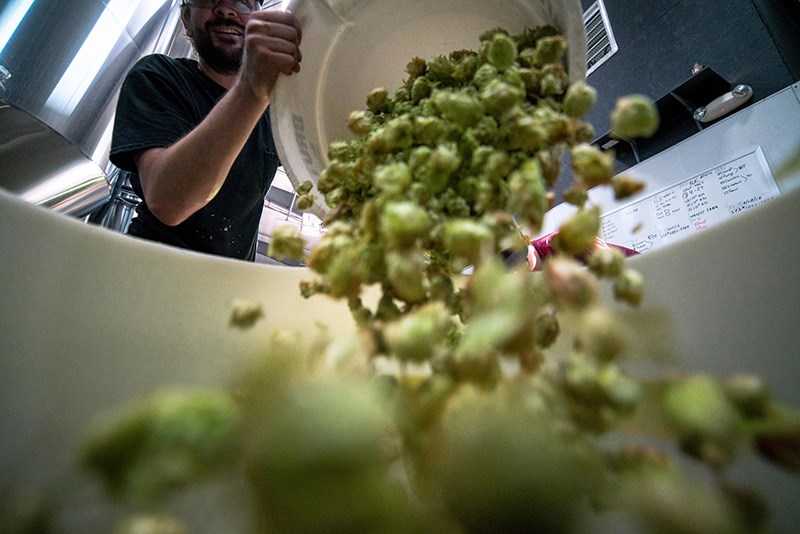Residents of the Tri-Cities aren’t the most wasteful in Metro Vancouver. But they’re not exactly shining practioners of recycling, reusing and composting either.
In a report produced by Vancity credit union that ranks the amount of garbage produced by Metro Vancouver municipalities, as well as other regions in the province, and how the province compares to other parts of Canada, residents of Delta are the most wasteful. The average single-family household there produced 465 kilograms in 2017, according to municipal waste disposal data and Statistics Canada population data.
Residents in Port Coquitlam ranked fifth in Metro Vancouver, disposing of 356 kg. of waste per single-family household, just a little more than Coquitlam’s 349 kg. per household.
The average single-family residence in Port Moody threw away 322 kg.
The least wasteful community was Lions Bay, where each single-family residence disposed of an average 188 kg. of garbage in 2017. Richmond, West Vancouver and Surrey did not provide data.
In total, said the report, Metro Vancouver municipalities produce more than half of the solid waste in the whole province.
On the upside, Metro Vancouver diverts more of its waste away from landfills than any other major city in Canada. According to the report, 62% of solid waste that was generated in the region in 2016 didn’t end up in the landfill because it was recycled or composted. Edmonton, on the other hand, managed to divert only 36% of its solid waste.
Still, said the report, at the current rate at which garbage is produced and thrown away, Metro Vancouver’s single landfill site, which is located in Delta, will be full in 2031.
“These rates are simply unsustainable,” said the report, adding residents need to be less wasteful of food, compost more, as well as reuse and repurpose things like clothing, which accounts for 2% of the region’s garbage.
The full report is here: https://www.vancity.com/AboutVancity/News/MediaReleases/WasteAvoidanceReport_Feb2_2019/Vancity_Waste-Report.pdf



